Sir Cedric Hardwicke
Biography
Born February 19, 1893 in Lye, Worcestershire, England, UK
Died August 6, 1964 in New York City, New York, USA (emphysema)
Birth Name Cedric Webster Hardwicke
Nicknames Butch
Height 5' 9" (1.75 m)
Mini Bio (1)
Sir Cedric Hardwicke, one of the great character actors in the first decades of the talking picture, was born in Lye, England on February 19, 1893. Hardwicke attended the Royal Academy of Dramatic Art and made his stage debut in 1912. His career was interrupted by military service in World War I, but he returned to the stage in 1922 with the Birmingham Repertory Theatre, distinguishing himself as Caesar in George Bernard Shaw's Caesar and Cleopatra, which was his ticket to the London stage. For his distinguished work on the stage and in films, he was knighted by King George V in 1934, a time when very few actors received such an honor.
Hardwicke first performed on the American stage in 1936 and emigrated to the United States permanently after spending the 1948 season with the Old Vic. Hardwicke's success on stage and in films and television was abetted by his resonant voice and aristocratic bearing. Among the major films he appeared in were Les Misérables (1935), Stanley and Livingstone (1939), The Hunchback of Notre Dame (1939), Suspicion (1941), A Connecticut Yankee in King Arthur's Court (1949), and The Ten Commandments (1956).
His last film was The Pumpkin Eater (1964) in 1964. Cedric Hardwicke died on August 6, 1964 in New York City, New York.
- IMDb Mini Biography By: Guy Lazarus qvs by garryq
Spouse (2)
Mary Scott (27 July 1950 - 15 November 1961) ( divorced) ( 1 child)
Helena Pickard (1927 - 11 May 1950) ( divorced) ( 1 child)
Trade Mark (2)
Rich baritone voice
Aristocratic bearing
Had one son with Helena Pickard: Edward Hardwicke.
He was created a Knight Bachelor in the 1934 King's New Year Honours List for his services to drama.
When he died his money was so eaten up by hospital expenses incurred during his final illness that there was no money left to pay for a funeral. Several actors' funds, in honor of his long, distinguished career, donated the money.
He was a favorite of George Bernard Shaw, having made notable appearances in the playwright's "The Apple Cart", "Too True to Be Good" and "Caesar and Cleopatra". Shaw initially referred to Hardwicke as his fifth favorite actor, the other four being The Marx Brothers. Later he referred to Hardwicke as his fourth favorite actor, presumably after Zeppo Marx retired from the act.
His hometown of Lye is also home to independent filmmaker Dave James.
His father was a simple country doctor who wanted him to carry on in his footsteps.
He met his second wife, Mary Scott, in 1949 when she was an understudy for Lilli Palmer, whom he was appearing with on Broadway in a revival of "Caesar and Cleopatra".
During World War I he was in the Judge Advocate's branch of the British Army, serving there from 1914-21, and was one of the last members of the British Expeditionary Force to leave France.
His favorite screen role was Mr. Brink in On Borrowed Time (1939).
Although he was 62 when he played King Edward IV of England in Richard III (1955), his character was only 40 years old when he died on April 9, 1483.
He played King Edward IV of England in Richard III (1955) while his son Edward Hardwicke played Lord Stanley in Richard III (1995).
He was awarded two stars on the Hollywood Walk of Fame for Motion Pictures at 6201 Hollywood Blvd. and for Television at 6660 Hollywood Blvd.
Had appeared with Vincent Price in five films: The Invisible Man Returns (1940), The Keys of the Kingdom (1944), Wilson (1944), The Ten Commandments (1956) and The Story of Mankind (1957).
Had appeared with Peter Lorre in five films: Invisible Agent (1942), The Cross of Lorraine (1943), Around the World in 80 Days (1956), The Story of Mankind (1957) and Five Weeks in a Balloon (1962).
Was in five Oscar Best Picture nominees: Les Misérables (1935), Suspicion (1941), Wilson (1944), The Ten Commandments (1956) and Around the World in 80 Days (1956). Only the last of these won.
Personal Quotes (16)
I can't act. I have never acted. And I shall never act. What I can do is suspend my audience's power of judgement till I've finished.
I believe that God felt sorry for actors, so he created Hollywood to give them a place in the sun and a swimming pool--the price they had to pay was to surrender their talent.
Actors and burglars work better at night.
England is my wife. America is my mistress. It is very good sometimes to get away from one's wife.
[on TV commercials] The last refuge of optimism in a world of gloom.
[on sneak previews] Let one dim-witted schoolboy scrawl "lousy" on his card, and the entire studio may be stampeded the following morning in an executive meeting to discuss slicing and revising the picture to shreds. On Hollywood's theory that the customer must know best, the schoolboy's "lousy" is regarded as the last word in dramatic criticism.
The director's tricks are accomplished by converting plays into spectacles of love, landscape and lust, and the actors into puppets. Unhappily, a lot of young actors and actresses are destroyed in the process. They are drilled to perfection in a single role, while the director tries to produce performances by direction alone. As a result, they may be ruined for anything beyond the single role.
By temperament, a young actor needs to be mercurial, if nothing else, able to shed misfortunes like a duck shedding water and to magnify a pinpoint of hope into a golden dawn.
Actors must practice restraint else think what might happen in a love scene.
When actors are talking, they are servants of the dramatist. It is what they can show the audience when they are not talking that reveals the fine actor.
My aim is to leave the theater and the screen better than I found them.
I want to be one of those reformers. I am content to makes a virtue of necessity and modestly disclaim my desire to be a great reformer. I am resigned to be one of the myriad little ones; but I propose to be a very good little one.
I once heard Shaw [George Bernard Shaw] say there are two kinds of actors: those who are happy and confidant only in being themselves, and those who are timid and self-conscious and only at ease when they are able to take refuge in some character as far removed from themselves as possible. To the former, film acting is a joy; for the latter, it is difficult and disturbing.
[on his role in Sentimental Journey (1946)] I did nothing but look at the handsome bosom of Maureen O'Hara and listen to the murmuring of her heart through a stethoscope.
Hollywood may be thickly populated, but to me it's still a bewilderness.
[on his role as Pharaoh Sethi in The Ten Commandments (1956)] It was a very great pleasure to play it. And, of course, it was a very great privilege to work with Mr. DeMille [Cecil B. DeMille], who really was dedicated to this particular picture.
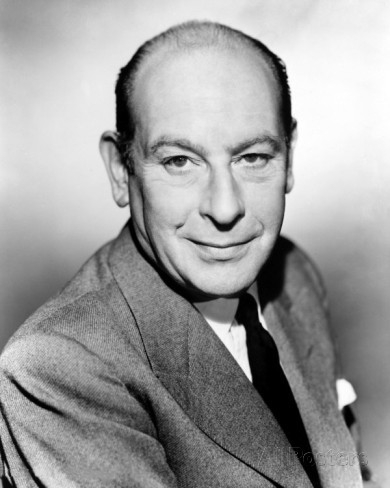
 Amanda S. Stevenson
Amanda S. Stevenson 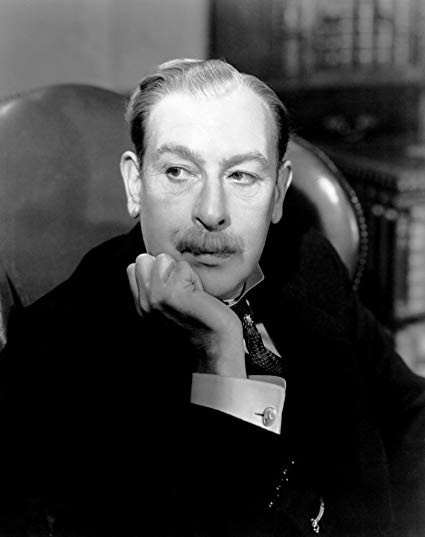
 Amanda S. Stevenson
Amanda S. Stevenson 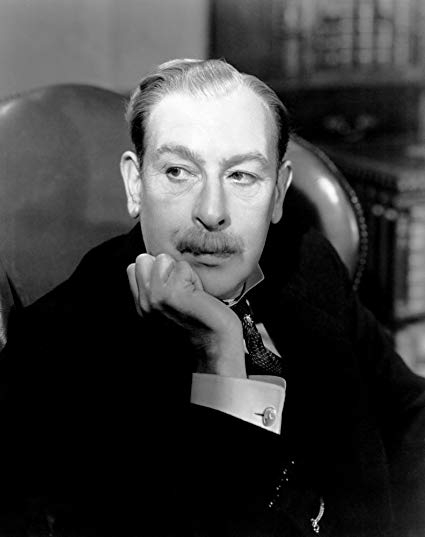
 Amanda S. Stevenson
Amanda S. Stevenson 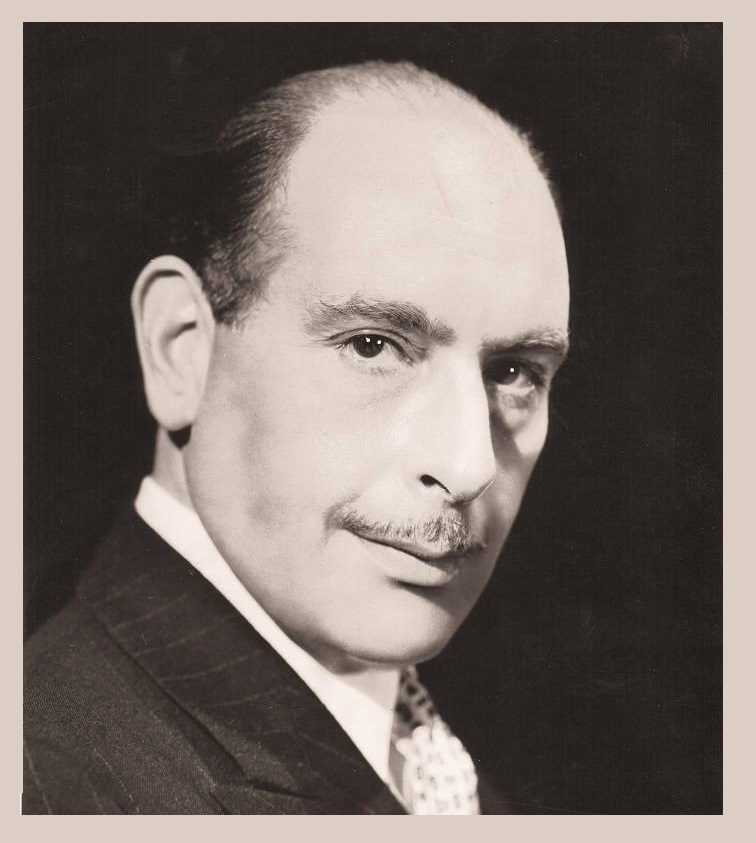
 Amanda S. Stevenson
Amanda S. Stevenson 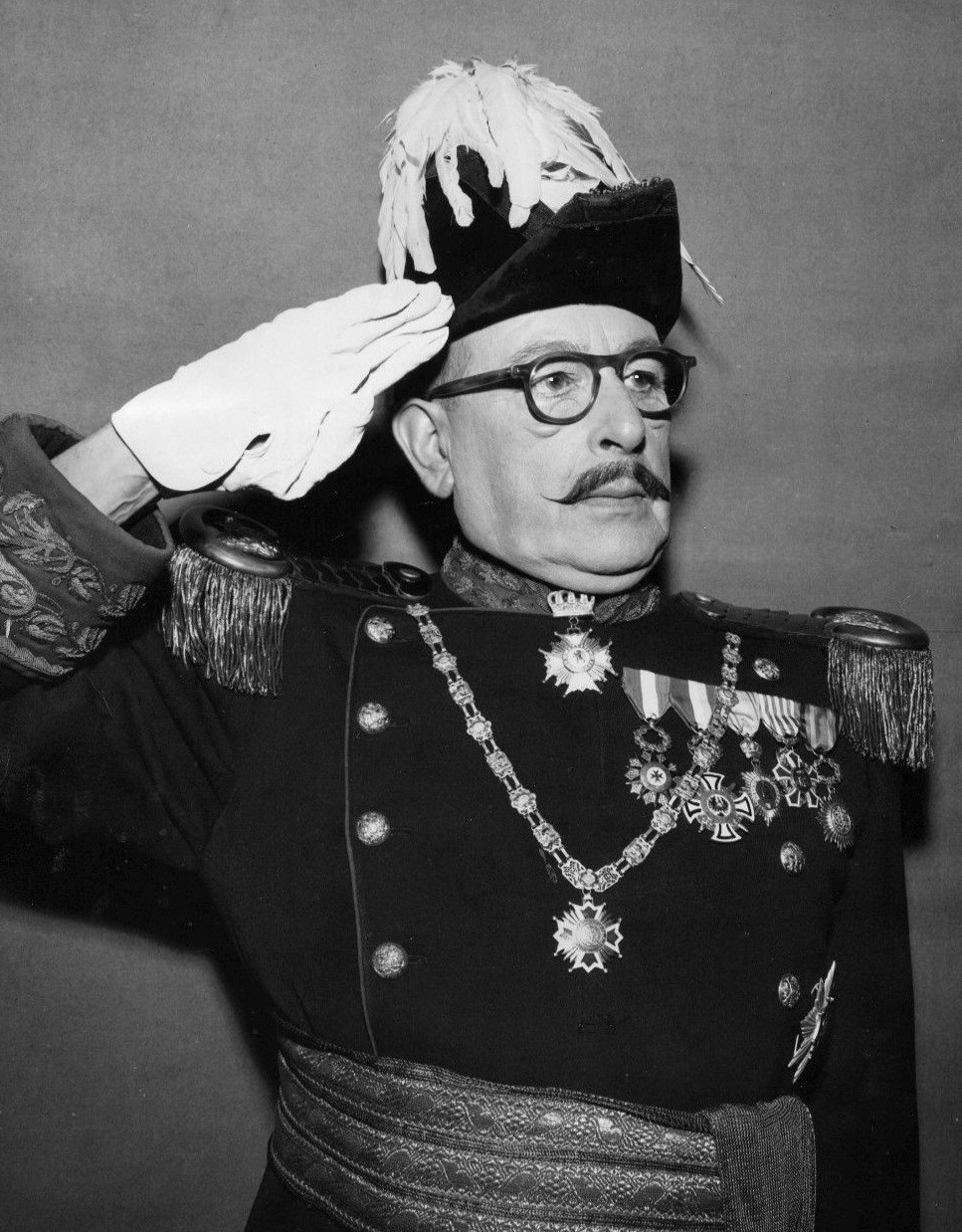
 Amanda S. Stevenson
Amanda S. Stevenson 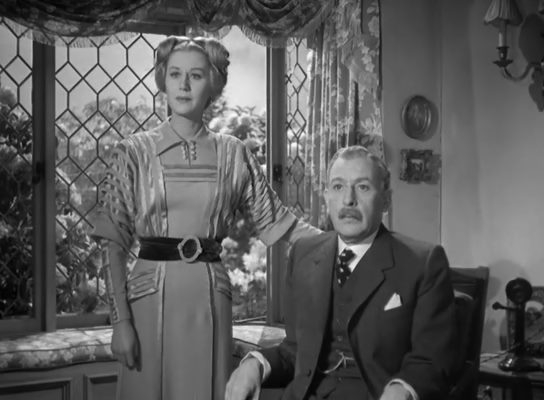
 Amanda S. Stevenson
Amanda S. Stevenson 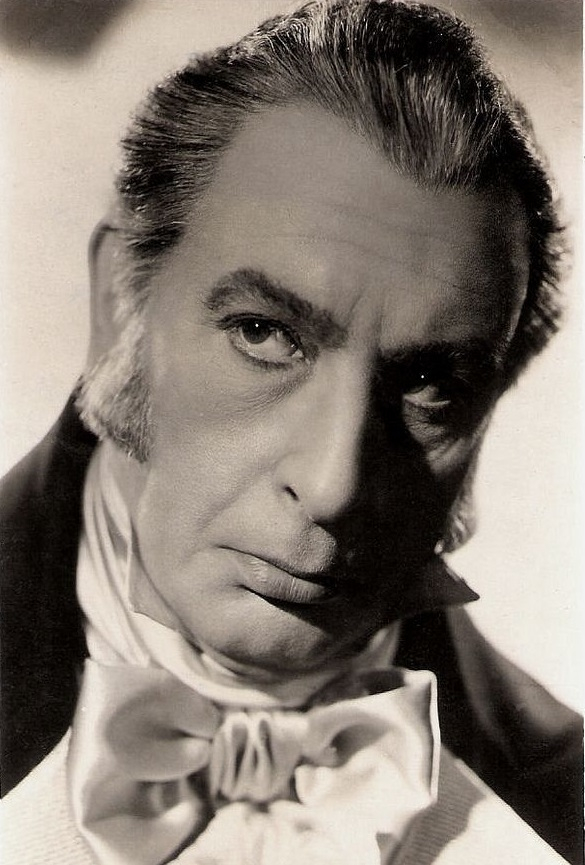
 Amanda S. Stevenson
Amanda S. Stevenson 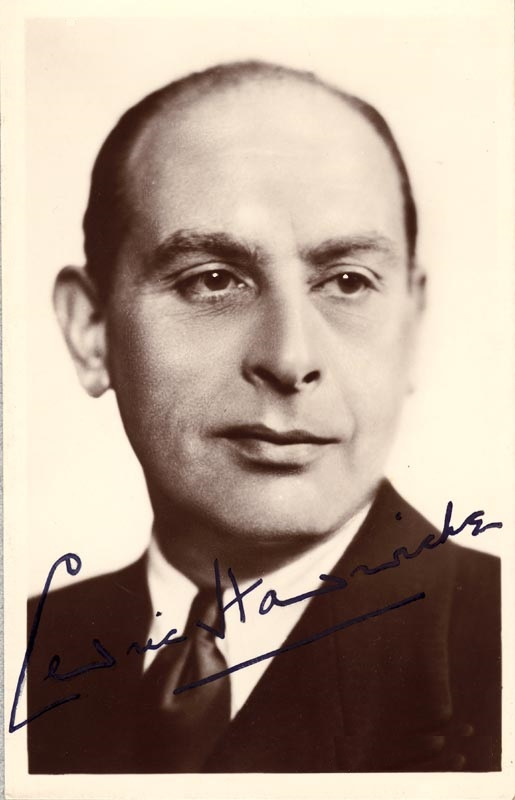
 Amanda S. Stevenson
Amanda S. Stevenson 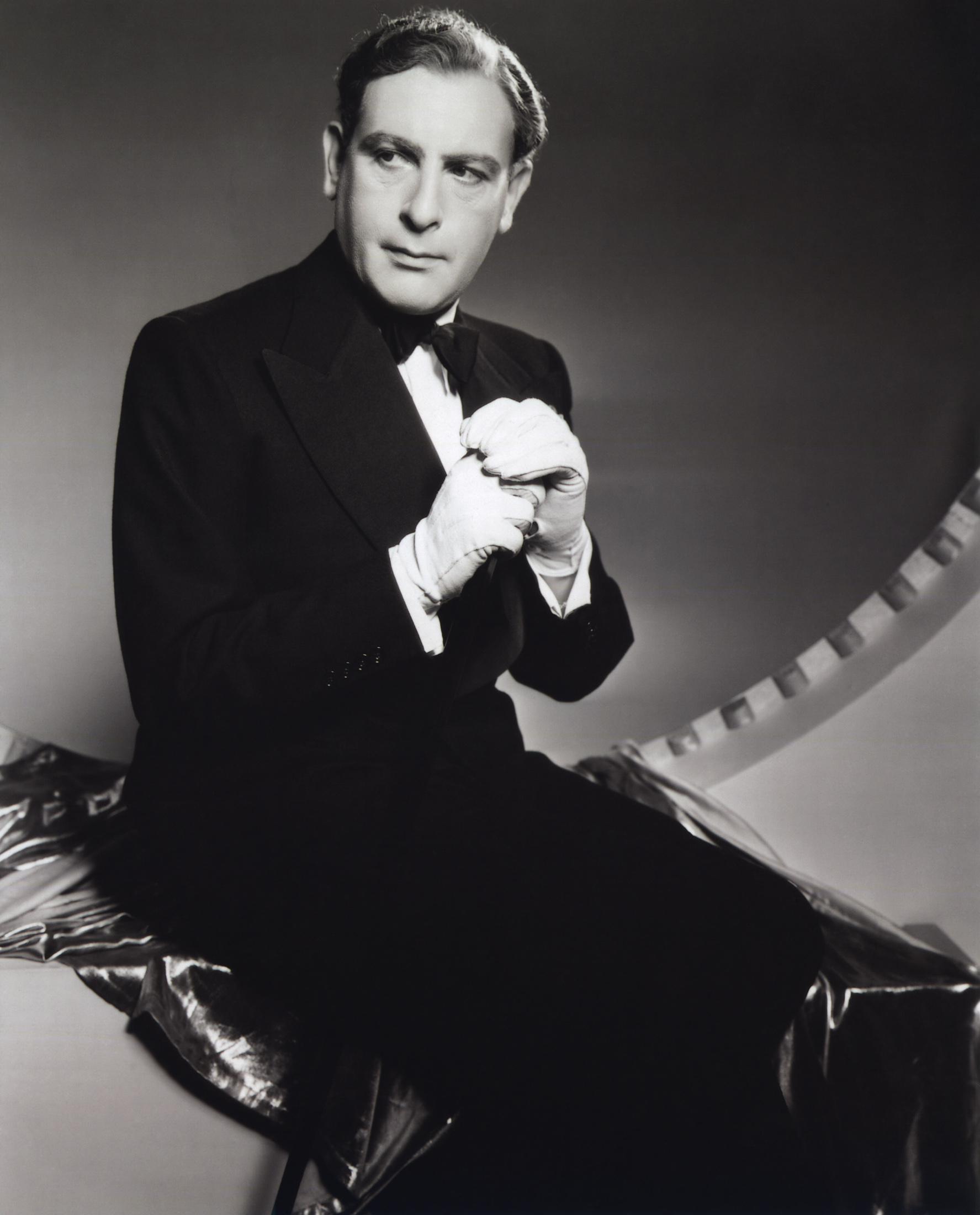
 Amanda S. Stevenson
Amanda S. Stevenson 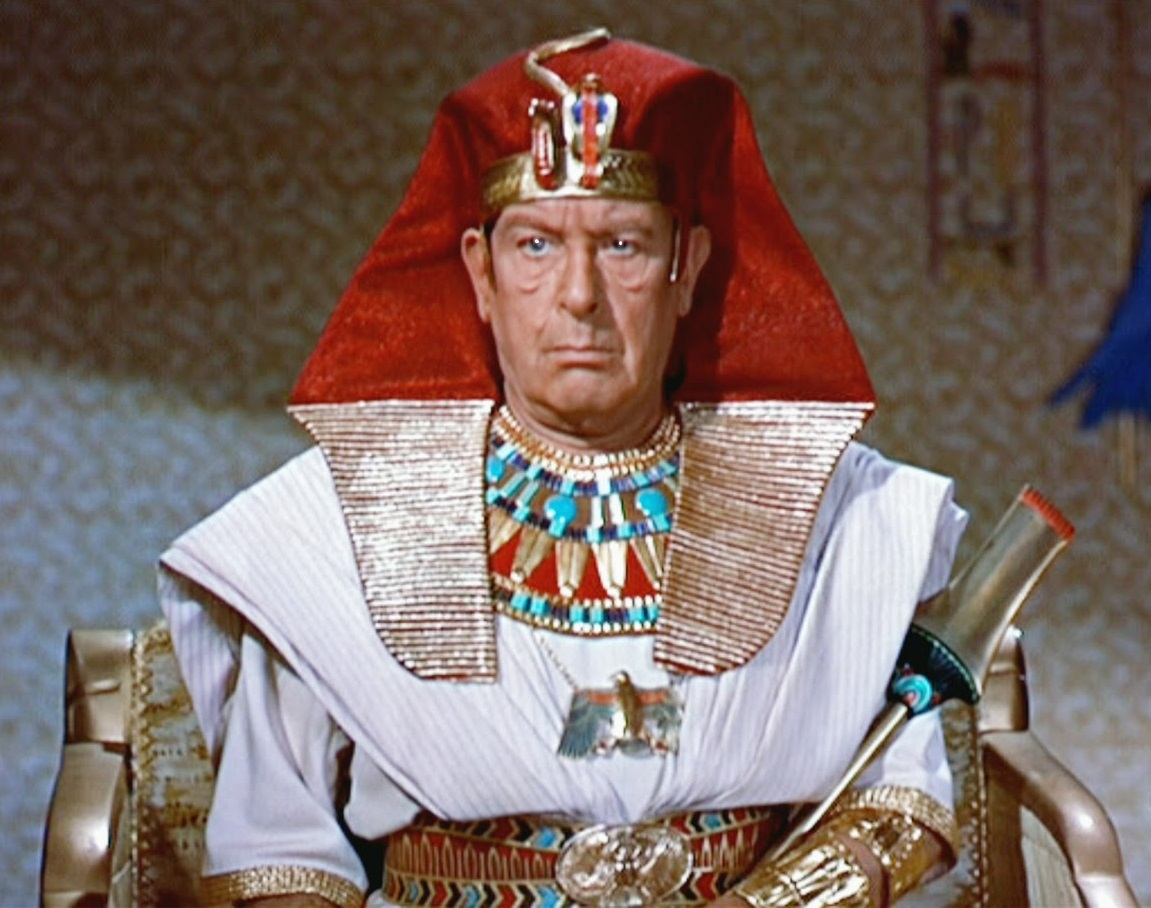
 Amanda S. Stevenson
Amanda S. Stevenson 